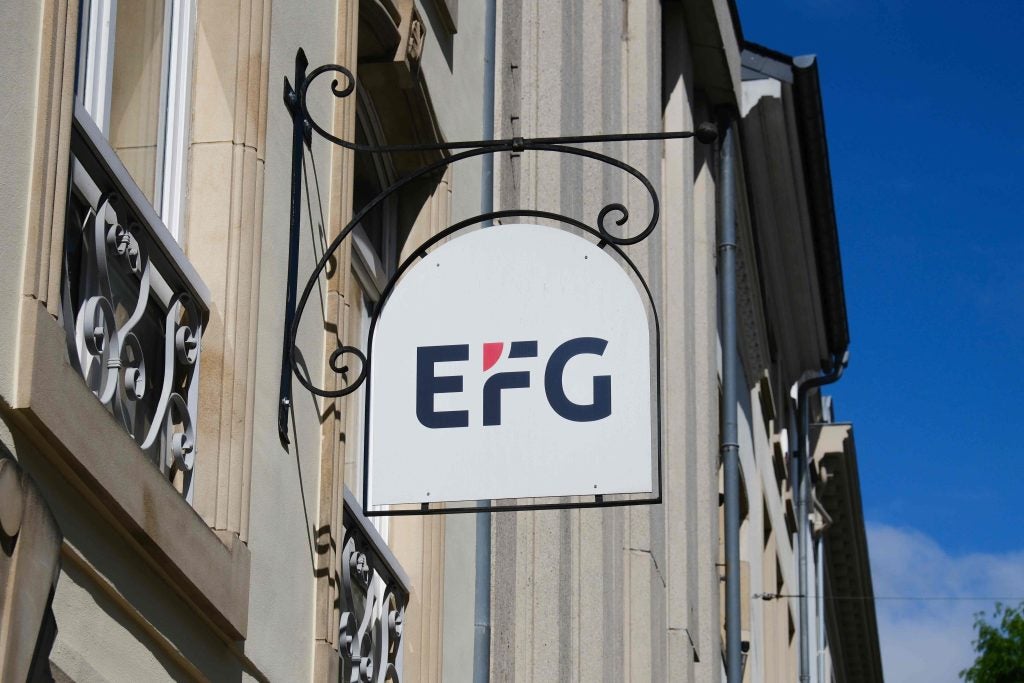Alex Ruffel, partner, and Tom Barber, solicitor at Irwin Mitchell Private Wealth, share their views on the effect new non-dom taxation rules will have on the UK market, as well as the significant impact they could have on the levels of tax collected and inflow and outflow of wealthy individuals.
On 13 July 2017, the government announced that they would proceed with changes to the taxation of non-UK domiciled residents and the taxation of UK ‘enveloped’ residential property.
The changes will be reintroduced via a Finance Bill (No2) in September 2017 and are backdated to have effect from 6 April 2017.
The reaction of private clients and their advisers was largely muted. The changes were first proposed in July 2015 and have spent two years being consulted on, redrafted and then cancelled after they were supposed to be in effect.
However, there is general relief that we now have some certainty, especially as many individuals had already taken significant decisions on the basis that they were law from 6 April.
The basic principles are clear:
How well do you really know your competitors?
Access the most comprehensive Company Profiles on the market, powered by GlobalData. Save hours of research. Gain competitive edge.

Thank you!
Your download email will arrive shortly
Not ready to buy yet? Download a free sample
We are confident about the unique quality of our Company Profiles. However, we want you to make the most beneficial decision for your business, so we offer a free sample that you can download by submitting the below form
By GlobalData- UK residential property can no longer be sheltered from UK inheritance tax by being held in a non-UK company; and
- long term UK residents (15/20 years’ residence) and individuals born in the UK with a UK domicile of origin who claim non-UK domicile will be treated as UK domiciled for virtually all tax purpose while they are UK tax resident. This means that they will potentially be liable to UK tax on their worldwide income, capital gains and assets.Bearing in mind the huge effect of the new rules, it was disappointing that there was little or no transitional relief from, for example, the tax costs of de-enveloping property.
- Long term UK residents affected by the new 15/20 years’ deemed domicile rule fared better, with unexpectedly generous reliefs. The new legislation will allow rebasing of foreign assets, which effectively prevents capital gains relating to (but not crystallised in) the period up to 5 April 2017 from being taxed in the UK.
- The government has been unforgiving to formerly domiciled residents and in relation to UK residential property.
In addition those who have used the remittance basis have a two year window to “cleanse” their offshore funds so that they may be able to bring historic funds to the UK tax-free, or at lower rates, more easily. The devil is in the detail but this is a great, one-off opportunity for all previous remittance basis users who would like to bring additional funds to the UK.
Tax flow impact
The real impact on the levels of tax collected and inflow and outflow of wealthy individuals and investment to the UK is difficult to predict.
The Office for Budget Responsibility forecast additional income of £395 million in 2018/2019 resulting from the changes for non-doms.
However, this may be predicated on over-optimistic assumptions that long-term residents will remain in the UK and that the whole of their income will be taxable mainly in the UK.
Research by Cebr (the Centre for Economics & Business Research) and Irwin Mitchell Private Wealth suggested that if 40% or more of non-doms subject to the changes leave, the impact on tax revenues will be negative. There may also be an impact on the wider economy.
The changes to the taxation of UK enveloped residential property may also have an impact on the prime property market.
Holding residential property through a company was formerly a common strategy for non-UK trustees and families.
Many have now unwound company structures that held UK residential property, leading to a flurry of reregistration of ownership, although little real economic change.
UK property impact
For a foreign investor, UK residential property is now a much less attractive prospect than almost all other UK investments from a UK tax perspective – it is subject to SDLT at up to 15% (on a purchase), income tax at up to 45% (on its rent), capital gains tax at 28% (on a sale) and inheritance tax of 40% on the death of the owner, all by reference to Sterling rather than the investor’s home currency.
Purchase of UK equities gives rise to none of these charges if structured properly. The draw of UK property to foreign buyers now relies squarely on the attractiveness of the UK as a place to live although the UK rule of law and relative long term stability remain significant selling points.
From the point of view of those who argue that homes should not be seen as financial investments, this may be a good thing, particular if it deflates the London market.
The introduction as planned is a relief for those who have acted in good faith on the basis of previous government policy announcements.
The changes add extra layers to the UK’s already complex system of taxation and follow a pattern of changes in this area over the past 10 years.
However, for those who can claim it and with sufficient planning, the remittance basis remains a useful tool for those who are coming to the UK on a temporary basis.








